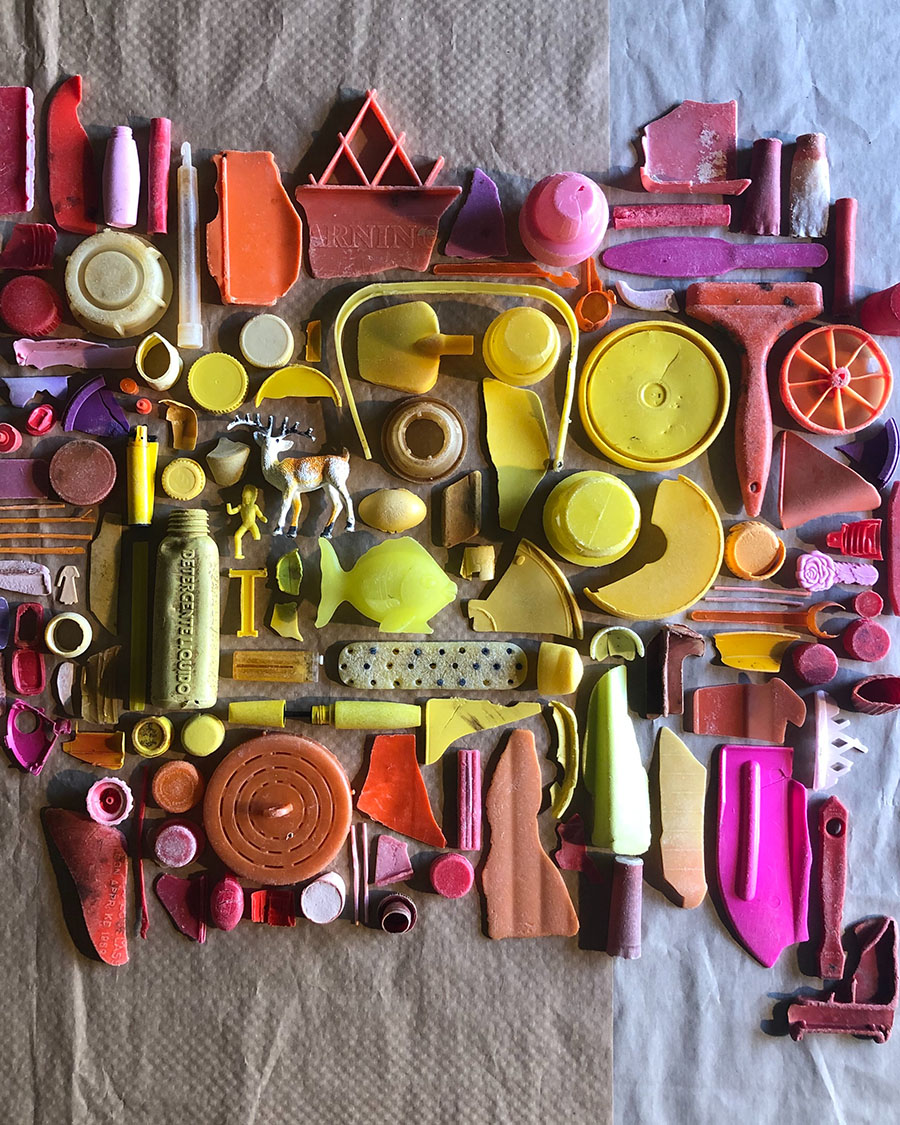We’re all familiar with the little blue bin we see in classrooms and offices—the three arrows that we’ve been taught is a symbol of reducing consumption guilt. But while we all want recycling to be this fix-all for the ever-growing list of problems that come hand in hand with a planet struggling to keep up with our growing population, you have to wonder—how much of a difference is it actually making?
We’ve also heard about how individual efforts pale in the comparison to the potential impact of big corporations, but does that mean we should just give up on recycling? Is recycling just wishful thinking at this point? And while some communities have gotten creative about how they approach sustainability and recycling, like Thailand’s efforts to replace plastic packaging with banana leaves, it’s hard not to feel like we’re swatting at rhinos with paper towels as the global climate crisis grows.

does recycling matter?
Let’s look at the facts. According to the EPA, the average American created about 4.9 pounds of waste per day in 2018. This waste includes bottles, boxes, food, furniture, and more. Of the total 292.4 million tons (!) of waste produced, only 69 million tons were recycled. That’s less than 25% of all waste.
Branching into different categories of recyclables, only about 9% of all plastic gets recycled. That means the other 91% is slowly breaking into microplastics in landfills, which can, and have, leaked into our ecosystems, and even infiltrated our food chain. And while 9% may still seem better than nothing, the unfortunate reality with plastic is that its recycling process often involves downcycling—which just lessens its usefulness each cycle until it’s too thin to be used.
more recycling stats
Now, paper paints a brighter picture. (I mean, as bright as it can get). As terrible as cutting trees is, paper recycling is far more prevalent—about 68% of all paper and cardboard is recycled!
Glass and metal are also recycled at much higher rates than plastic—over 30% for both—but overall the recycling game leaves a lot to be desired.
And while all these numbers are bleak, I think one message stands out—we have to work together to make real change. Not just with recycling but advocating for businesses to implement more eco-friendly packaging. Petitioning governments to fight harder for green initiatives. Actively fight to inch ourselves away from ecological destruction.
I’m sorry to say that despite seeing the problem, addressing the problem, and knowing how we could theoretically fix the problem, I don’t have a clear-cut answer for whether recycling is worth it. Yes, individual recycling seems futile, and doesn’t even create a blip on the grander scheme of things. But to give up just because you don’t see you own actions making change seems like it would do more harm than good. And I’m not saying recycle just to make yourself feel good about yourself—I’m saying explore what you can do more of.
Shop sustainably. Buy goods meant to last or sourced ethically. Use your power as a consumer to force corporations to shift their business models. Money talks louder than words when it comes to big companies and their waste production. We’ve seen a surge in smaller sustainable businesses in the last decade because that’s what newer generations want.
That’s how we’ll make lasting changes.
At the end of the day, it boils down to if you’d rather be a glass half-empty, or a glass half-full kind of person. I think that as a society we are painfully aware of how ineffectual our efforts to reduce our carbon footprint feels sometimes. But that doesn’t mean we should stop. The debate about the impact of recycling is just that—a debate. Until we can come up with a solid plan to replace consumer recycling, innovate a new way to reduce waste, there’s nothing wrong with just trying to do your part.

your two cents